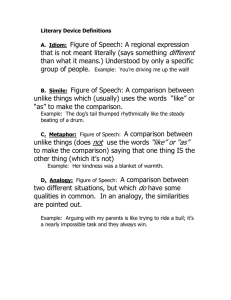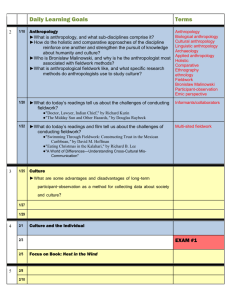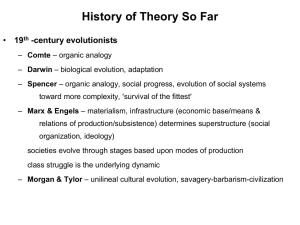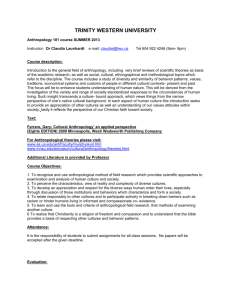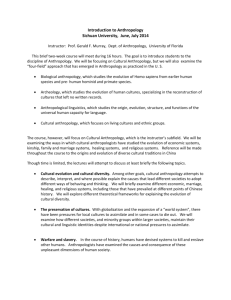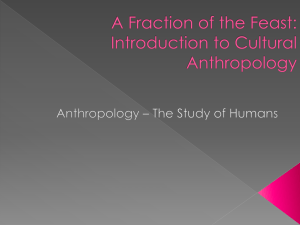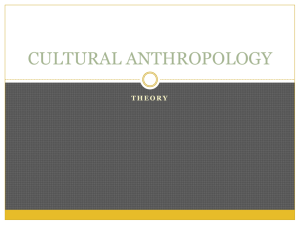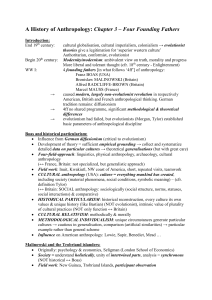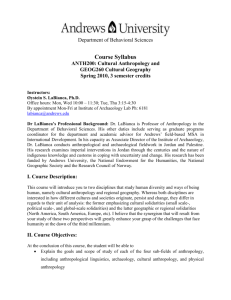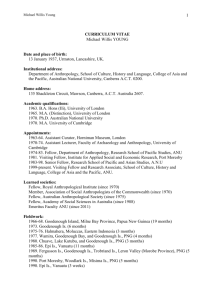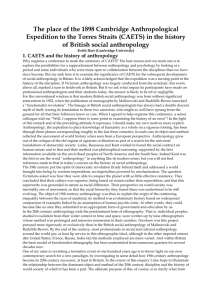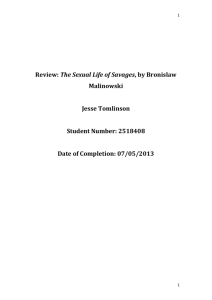ANT101 – Cultural Anthropology Chapter 2 Quiz Name: 1. ___ The
advertisement
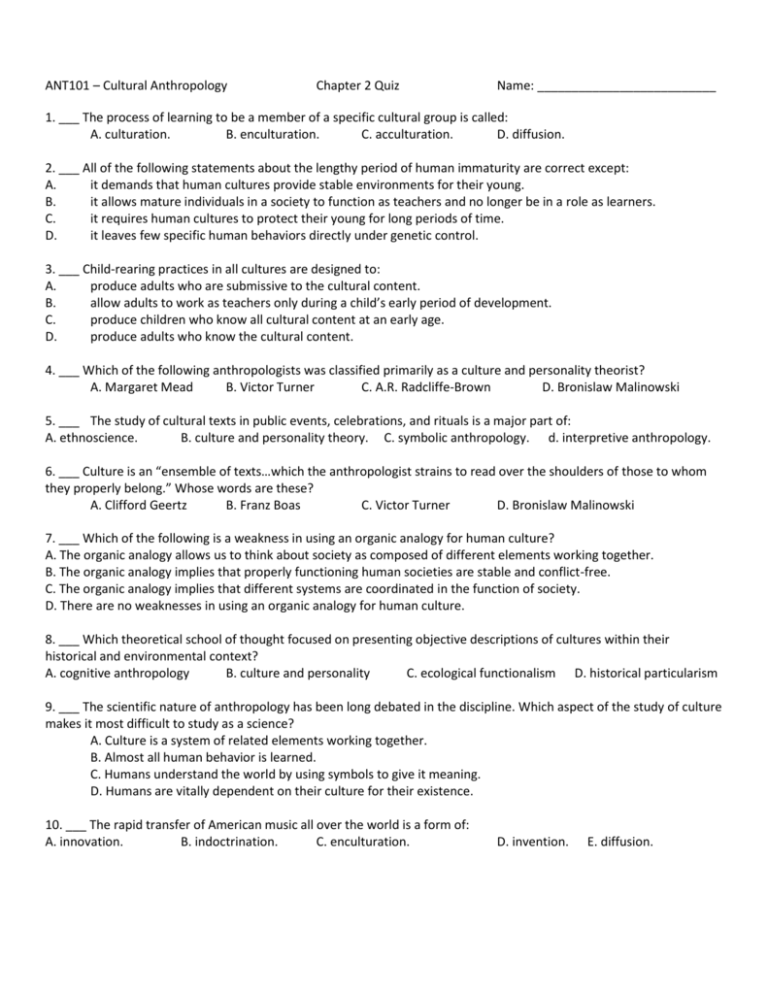
ANT101 – Cultural Anthropology Chapter 2 Quiz Name: __________________________ 1. ___ The process of learning to be a member of a specific cultural group is called: A. culturation. B. enculturation. C. acculturation. D. diffusion. 2. ___ All of the following statements about the lengthy period of human immaturity are correct except: A. it demands that human cultures provide stable environments for their young. B. it allows mature individuals in a society to function as teachers and no longer be in a role as learners. C. it requires human cultures to protect their young for long periods of time. D. it leaves few specific human behaviors directly under genetic control. 3. ___ Child-rearing practices in all cultures are designed to: A. produce adults who are submissive to the cultural content. B. allow adults to work as teachers only during a child’s early period of development. C. produce children who know all cultural content at an early age. D. produce adults who know the cultural content. 4. ___ Which of the following anthropologists was classified primarily as a culture and personality theorist? A. Margaret Mead B. Victor Turner C. A.R. Radcliffe-Brown D. Bronislaw Malinowski 5. ___ The study of cultural texts in public events, celebrations, and rituals is a major part of: A. ethnoscience. B. culture and personality theory. C. symbolic anthropology. d. interpretive anthropology. 6. ___ Culture is an “ensemble of texts…which the anthropologist strains to read over the shoulders of those to whom they properly belong.” Whose words are these? A. Clifford Geertz B. Franz Boas C. Victor Turner D. Bronislaw Malinowski 7. ___ Which of the following is a weakness in using an organic analogy for human culture? A. The organic analogy allows us to think about society as composed of different elements working together. B. The organic analogy implies that properly functioning human societies are stable and conflict-free. C. The organic analogy implies that different systems are coordinated in the function of society. D. There are no weaknesses in using an organic analogy for human culture. 8. ___ Which theoretical school of thought focused on presenting objective descriptions of cultures within their historical and environmental context? A. cognitive anthropology B. culture and personality C. ecological functionalism D. historical particularism 9. ___ The scientific nature of anthropology has been long debated in the discipline. Which aspect of the study of culture makes it most difficult to study as a science? A. Culture is a system of related elements working together. B. Almost all human behavior is learned. C. Humans understand the world by using symbols to give it meaning. D. Humans are vitally dependent on their culture for their existence. 10. ___ The rapid transfer of American music all over the world is a form of: A. innovation. B. indoctrination. C. enculturation. D. invention. E. diffusion.

